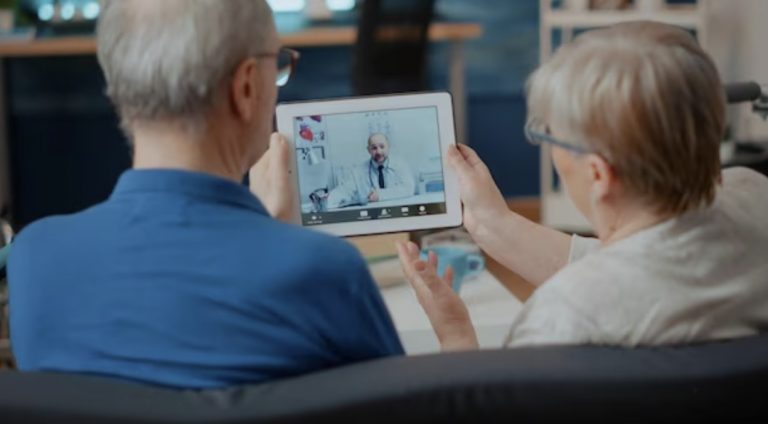Online healthcare solutions are becoming more prevalent, but are they the right choice for everyone? In this blog post, we look into the pros and cons of these modern solutions, providing an unbiased look at their effectiveness and suitability.
Story Stages
What Are Online Healthcare Solutions?
Online healthcare solutions refer to the provision of health services over the internet. These services can include telemedicine, e-prescriptions, online medical consultations, health-related databases, and more. Telehealth platforms are increasingly being adopted, and this shift has a myriad of implications on the healthcare industry.
Telemedicine: A Game Changer
Telemedicine is a significant part of online healthcare solutions. It enables healthcare professionals to evaluate, diagnose, and treat patients remotely using technology. It’s an innovation that has shown significant promise in bridging the gap between patients and healthcare services.
Doctors can now reach patients irrespective of their location. For instance, someone in a remote area can consult with a top specialist without the need to travel. For example, some of the best UTI care and treatment options can be accessed online, ensuring timely and effective treatment.
The Convenience of E-Prescriptions
The introduction of e-prescriptions has significantly streamlined the prescription process. Doctors can send prescriptions electronically, eliminating the need for paper prescriptions, which can be easily lost or misinterpreted due to poor handwriting. Pharmacies also benefit as they can prepare medications in advance, reducing wait times for patients.
Patient Empowerment through Online Medical Consultations
Online medical consultations have revolutionized patient-physician interaction. Patients can consult doctors from the comfort of their homes, saving time, and reducing the stress associated with visiting a healthcare facility. This feature is particularly beneficial for elderly patients, those with mobility issues, or those who live in remote areas.
Health-Related Databases
Health-related databases contain valuable information about a patient’s medical history, allergies, current medications, and more. This information can be instrumental in making accurate diagnoses and formulating effective treatment plans.
Privacy and Security Concerns
Concerns surrounding the privacy and security of patient data are often brought up when discussing online healthcare solutions, like becoming an mFax partner. Given the sensitive nature of medical information, ensuring it remains confidential is paramount. These solutions should adhere to strict security standards and regulations to guarantee the safety and privacy of patient data.
Modern technology provides tools for data encryption, secure storage, and safe data transmission. These features, combined with strict adherence to regulations such as the Health Insurance Portability and Accountability Act (HIPAA) in the United States, help to address privacy and security concerns.
Teletherapy and Mental Health Support
Online healthcare solutions have also had a transformative impact on the mental health field. Teletherapy, or online therapy, is now a commonly used method for providing mental health support to patients who may not be able to access in-person services.
Through video calls, instant messaging, or emails, patients can connect with therapists and get the help they need. This is particularly beneficial for individuals who may not have local access to mental health services, or for those who feel more comfortable receiving therapy in their own homes.
Online Health Education and Awareness
The internet is a vast resource for health information, and online healthcare solutions often incorporate educational resources for patients. These resources can help patients understand their health conditions, treatment options, and preventive measures better.
The availability of easily accessible health information empowers patients to take more active roles in their healthcare. This empowerment can lead to better patient outcomes, as informed patients are more likely to adhere to their treatment plans and take preventive measures for their health.
Are Online Healthcare Solutions the Right Choice?
While there are undeniable benefits of online healthcare solutions, it is essential to carefully consider their use. These services may lack the personal touch and direct interaction that traditional healthcare provides. Also, some individuals may not have access to the necessary technology or internet connectivity, making these solutions inaccessible for them.
However, given the increasing ubiquity of technology and the internet, it’s clear that these barriers are being eroded. Furthermore, with advancements in security measures and regulations to protect patient privacy, online healthcare solutions are becoming safer and more reliable.
Conclusion
To conclude, online healthcare solutions have the potential to significantly improve healthcare delivery and patient outcomes. However, their use must be carefully managed to ensure patient privacy and security are maintained. With ongoing advancements, it’s clear that online healthcare solutions will play an increasingly important role in modern healthcare.
